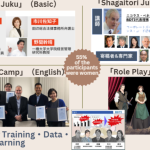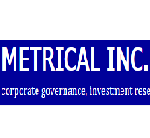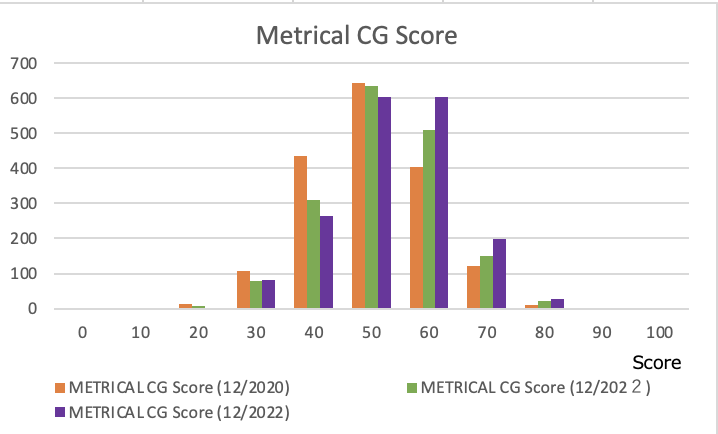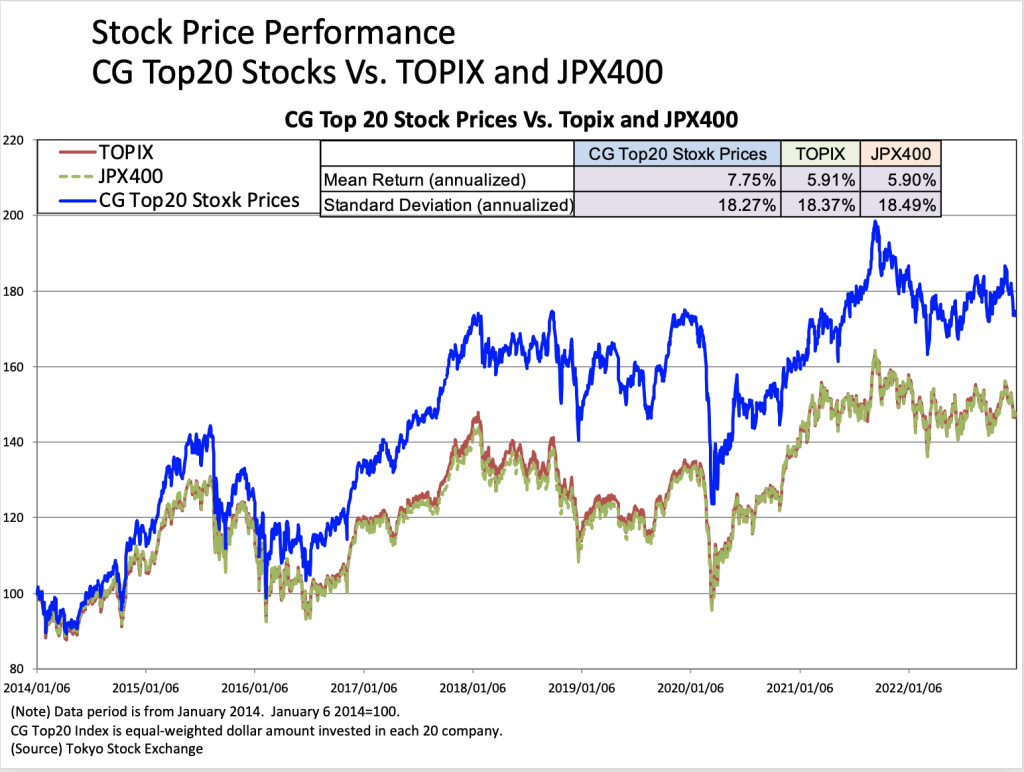The TSE disclosed the Survey of the Status of Disclosure in English as of the end of July 2022 on August 3, 2022, and I would like to discuss the issues.
At the beginning of the disclosure document, the TSE states the following In the beginning of the disclosure report: “In order to clarify the situation after the transition to the new market classification in April 2022, we conducted a survey as of July 2022 and compiled the results of the survey. For companies listed on the Prime Market, a market for companies focused on constructive dialogue with global investors, the percentage of companies disclosing in English reached 92.1% (85.8% as of December 31, 2021), indicating that listed companies have made some progress in English-language disclosure since the transition to the new market classification. On the other hand, even for timely disclosure documents (excluding financial statements) and annual securities reports, which were required to be disclosed in English by more than 70% in the survey of overseas investors conducted last year, the percentage of companies listed on the prime market that disclose in English is still less than half. The Corporate Governance Code, which has been in effect since the transition to the new market classification, states that “Prime market listed companies, in particular, should disclose and provide required information in English in their disclosure documents” (the second sentence of Supplementary Principle 3-1). Further progress is expected toward expanding the scope and content of English-language disclosure and eliminating differences in the timing of disclosure.”
As stated in the statement in the TSE’s summary of survey results above, many listed companies in the prime market translate some documents into English. The increase in the number of companies disclosing in English can be evaluated to a certain extent. However, the fact is that the TSE has only just begun, and as the TSE also states in the latter part of the statement, very few companies are disclosing important disclosure documents, such as annual securities reports, in English. The importance of the annual securities report is further increased by the fact that sustainability items are planned to be included in the report from the next fiscal year, instead of being submitted quarterly. Below are the results of TSE’s survey.








